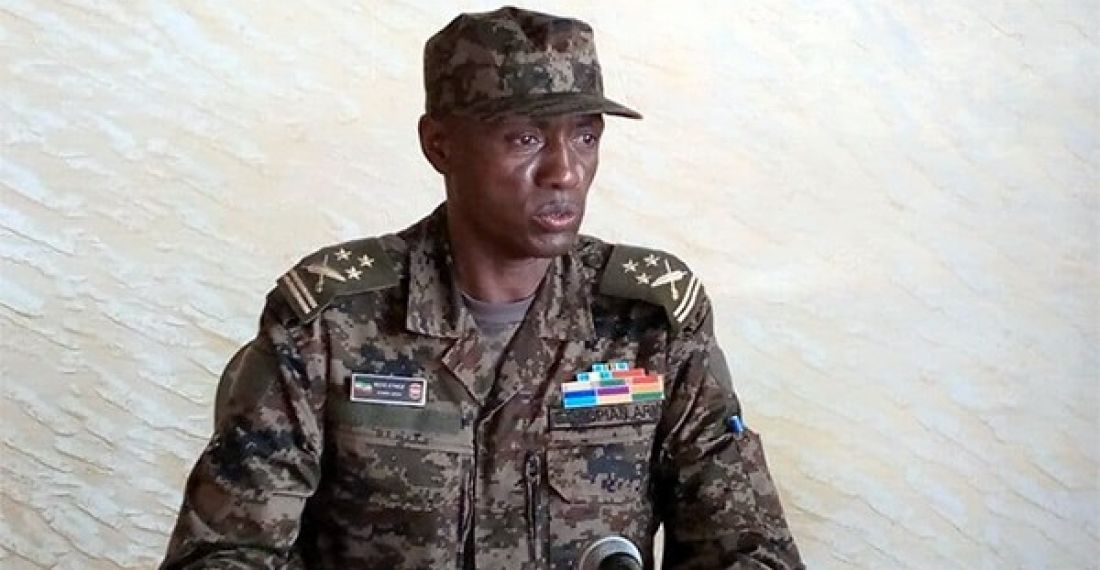The Ethiopian army said on Friday (3 September) that it repelled an attempted attack by forces aligned with Tigray People’s Liberation Front (TPLF) on construction work of the Grand Ethiopian Renaissance Dam (GERD).
The statement by the military said that the attack has failed but did not disclose who the attackers were. It said that attackers infiltrated across the border from Sudan into Ethiopia's Benishangul-Gumuz where the dam is being constructed.
Colonel Seif Ingi said that the attackers carried light and heavy weapons as well as mines. He added that a large part of the attackers fled back after the confrontation with the Ethiopian forces.
Ingi added that the TPLF assumed the Ethiopian army had moved North and attempted to attack in the North.
However, experts in the Horn of Africa politics said that the attackers could have been part of an expeditionary force loyal to the local resistance forces in Benishangul-Gumuz. The TPLF has a poor presence in the region where GERD is located yet several TPLF operatives were found in the region previously.
Sudan had also rejected the story presented by the Ethiopians and denied the involvement of Ethiopian refugee camps on its territories. Sudan had, in recent months, repeatedly said that it would suffer from any damage happening to the dam in a sign that it was against any military action over the dam.
source: commonspace.eu with Al Ahram (Cairo).
picture: Colonel Seif Ingi of the Ethiopian army; facebook: @fdredefense.official.







